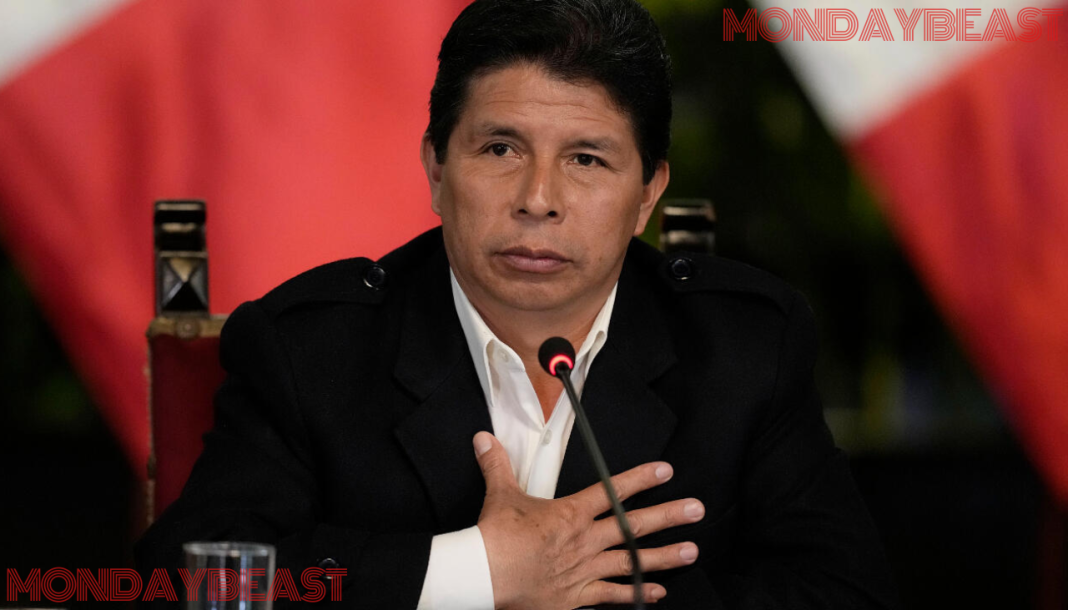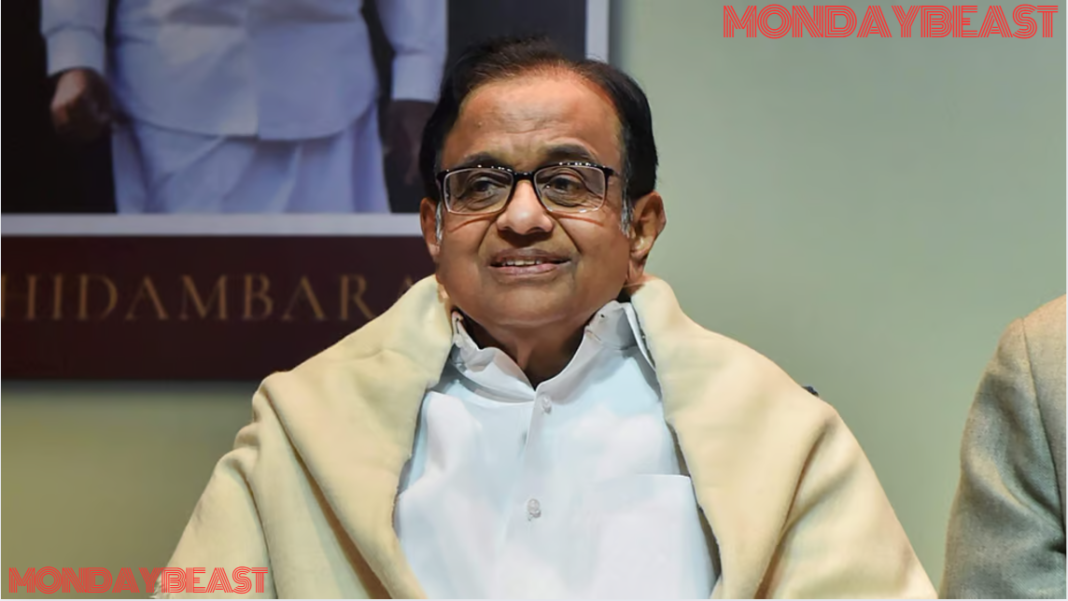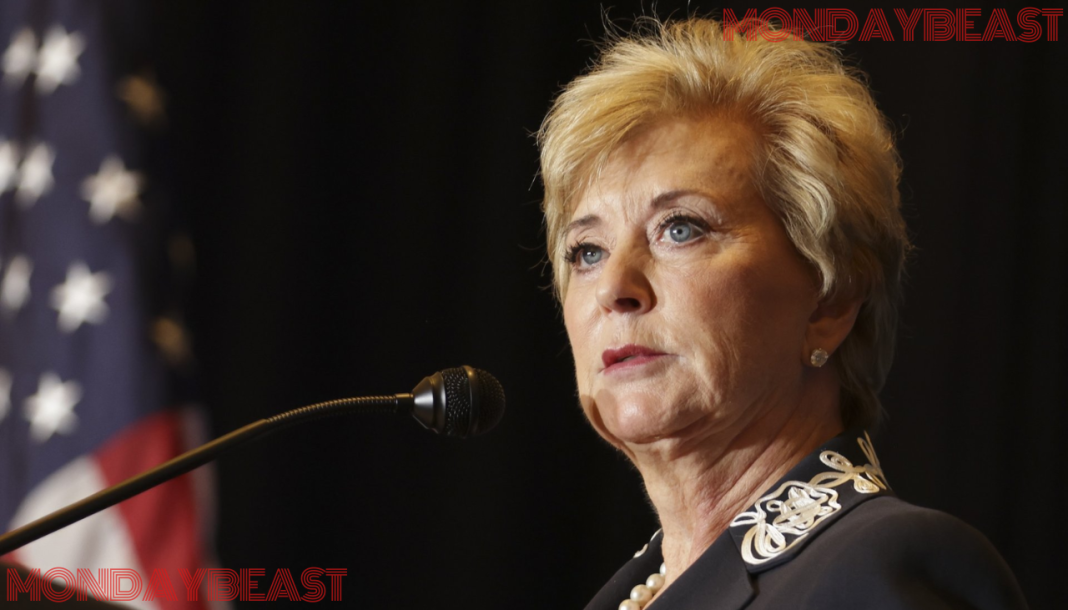In a historic decision, the Peruvian judiciary has set the stage for a monumental trial. Former President Pedro Castillo, alongside several ex-ministers and police officers, is facing serious charges for a failed coup attempt in December 2022. This move not only raises eyebrows but also forces us to rethink accountability in political systems.
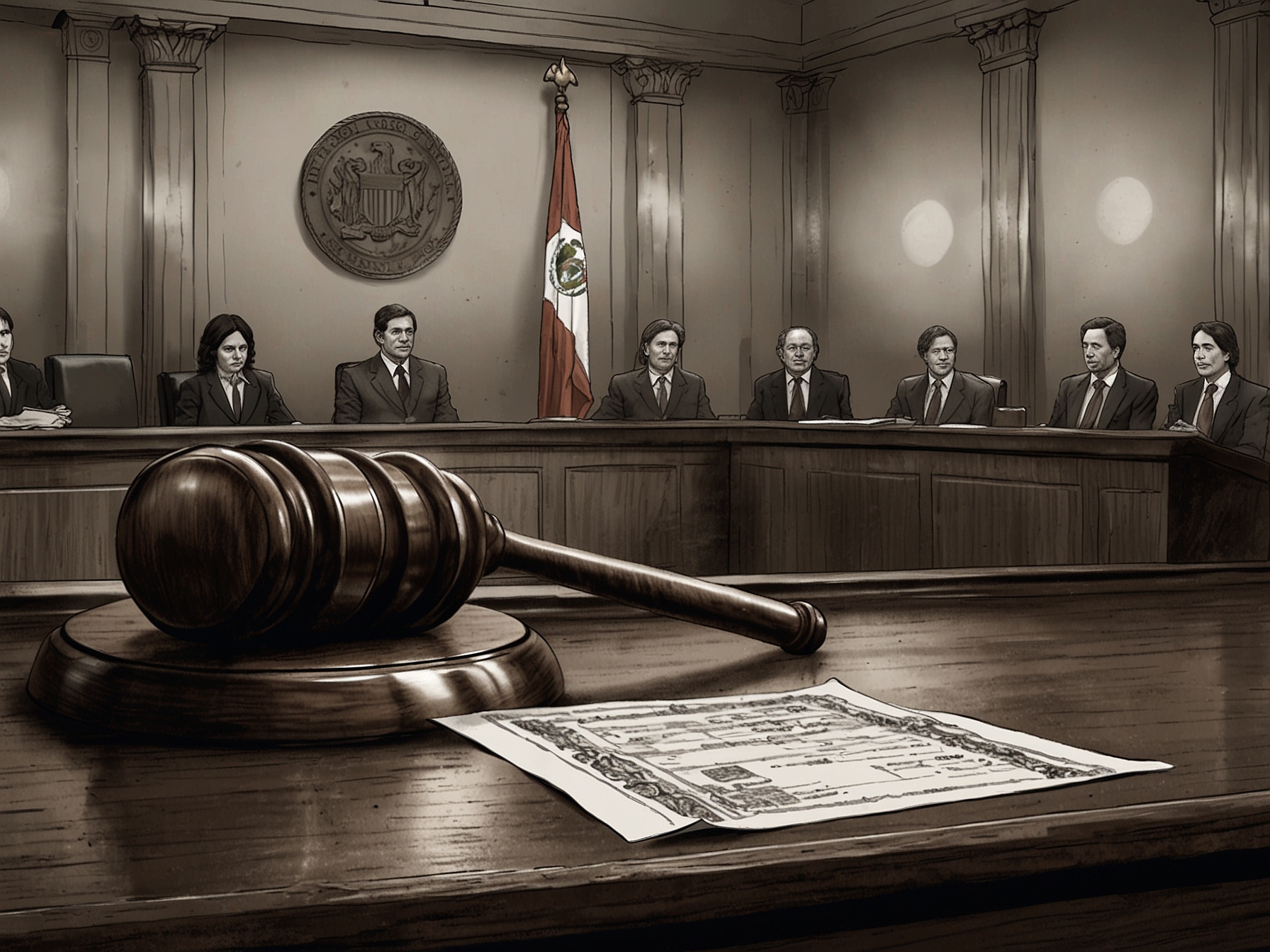
What led to Castillo’s turbulent presidency? It’s important to understand the context. After assuming office in July 2021, Castillo faced a barrage of challenges. Political opposition mounted, and accusations of mismanagement began to swirl. The coup attempt on December 7, 2022, where Castillo sought to dissolve Congress and call for new elections, marked a significant turning point and ignited a crisis that many thought would paralyze the nation.
The latest development comes from Judge Juan Carlos Checkley, who authorized proceedings against Castillo and a number of his former ministers, including Betssy Chávez and Willie Huerta. Their roles in the situation are now under intense scrutiny. Did they support Castillo’s drastic actions, or were they mere pawns in a grand political game? These questions linger in the air as the judicial process unfolds.
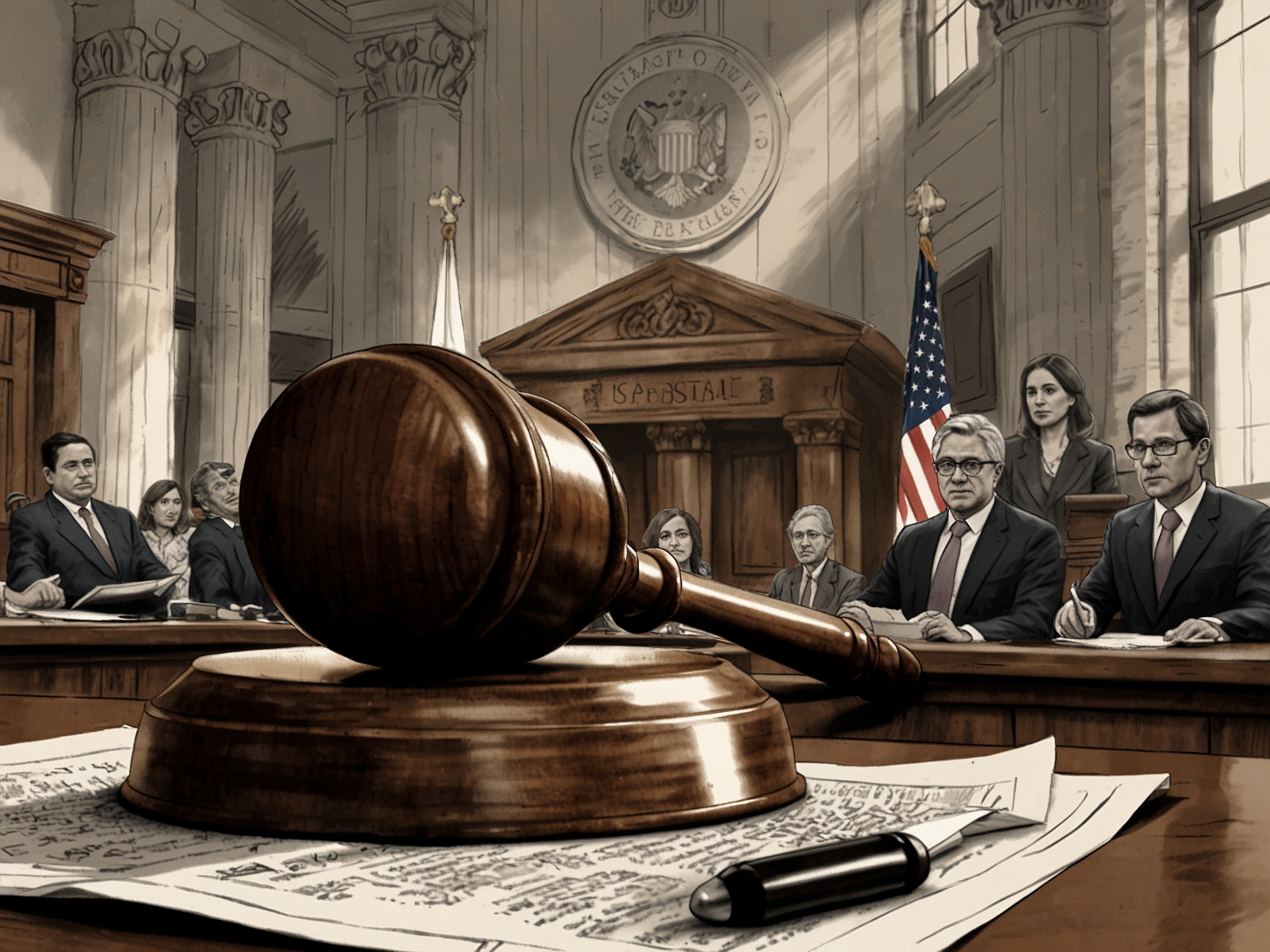
The prosecution is demanding harsh penalties. For Castillo, the stakes are incredibly high. Prosecutors are asking for a staggering 34 years of imprisonment, along with a ban on holding public office for a little over three years. The charges include rebellion and abuse of authority, and for a former leader, this is a monumental moment that reflects the intersection of power and justice in Peru’s ongoing political saga.
What about his former ministers? They are similarly in the crosshairs of the legal system. They’ve been accused as co-conspirators, with prison terms of up to 25 years on the table. It’s a stark reminder of the fragility of political alliances, especially when the stakes involve national stability.
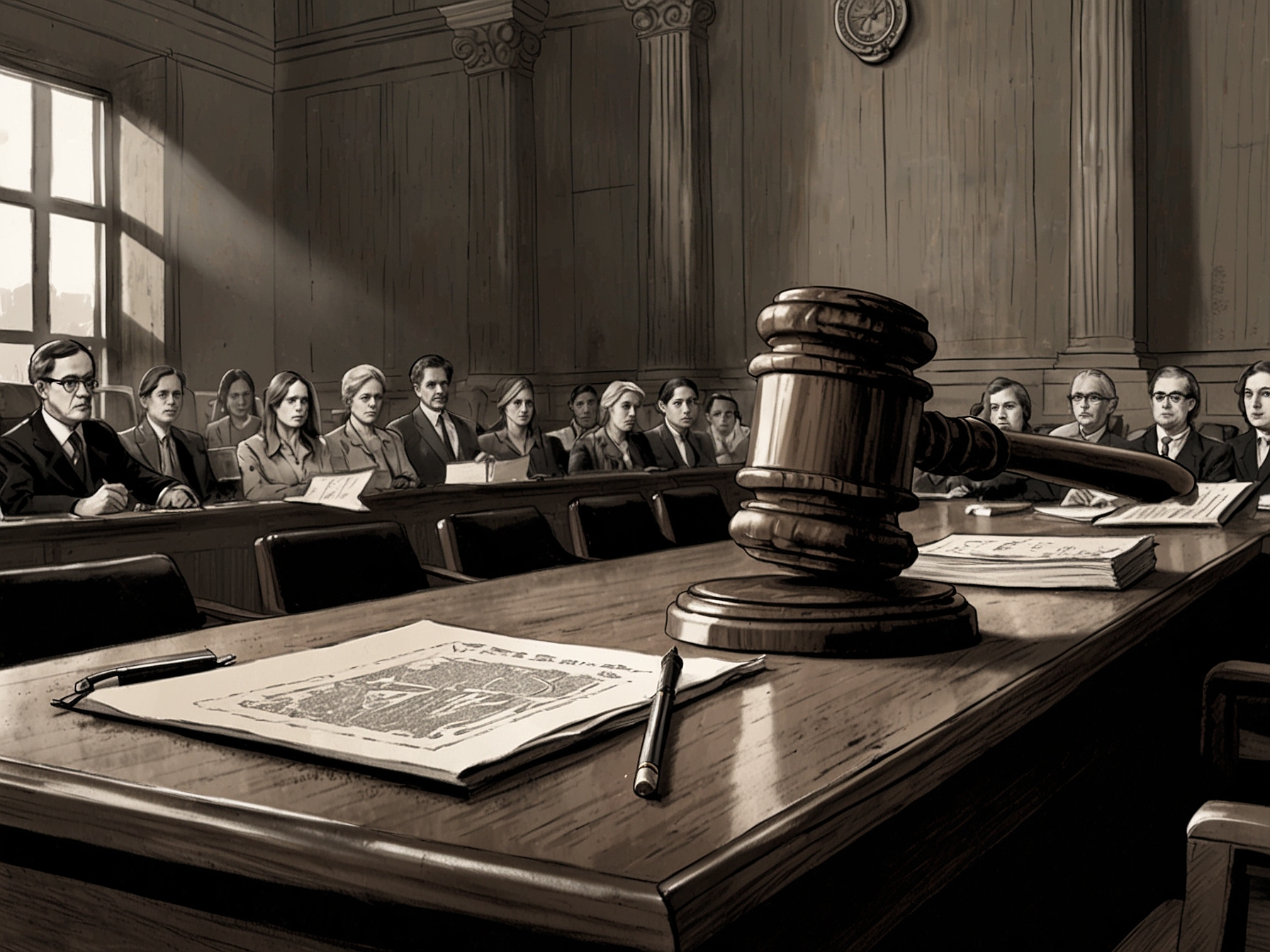
What does all this mean for the citizens of Peru? Public sentiment is mixed. Some view these proceedings as a necessary step toward accountability, while others fear that this may just be a political witch hunt. In the midst of this turmoil, everyday Peruvians are caught in the crossfire, anxious about their future.
Moreover, the fallout of this trial could be profound. The state seeks over 65 million soles in reparations for damages caused during Castillo’s presidency. Should public officials pay for political missteps? Or should they be allowed the grace of a second chance? These dilemmas are at the heart of the current discourse.
Key testimonies are expected in court. Former ministers and police commanders may shed light on the events that led to this dramatic coup attempt. Their voices will be crucial as the narrative unfolds. Public hearings could reveal much about political culture in Peru, one that remains deeply strained.
The road ahead is uncertain. As the trial date approaches, anticipation builds. Citizens are watching closely, hoping for justice but fearing the consequences of political chaos. Can the judiciary restore faith in the state’s ability to hold leaders accountable?
Looking back, it’s hard not to feel a mix of sadness and urgency. The plight of citizens has often been overshadowed by political maneuvering. Now, it’s time for a reckoning. How will Peru navigate this challenging chapter? The answers lie just ahead, but they are fraught with complexity. As the courtroom drama unfolds, we must stay engaged, reflecting on what this means for democracy and justice in the heart of South America.

